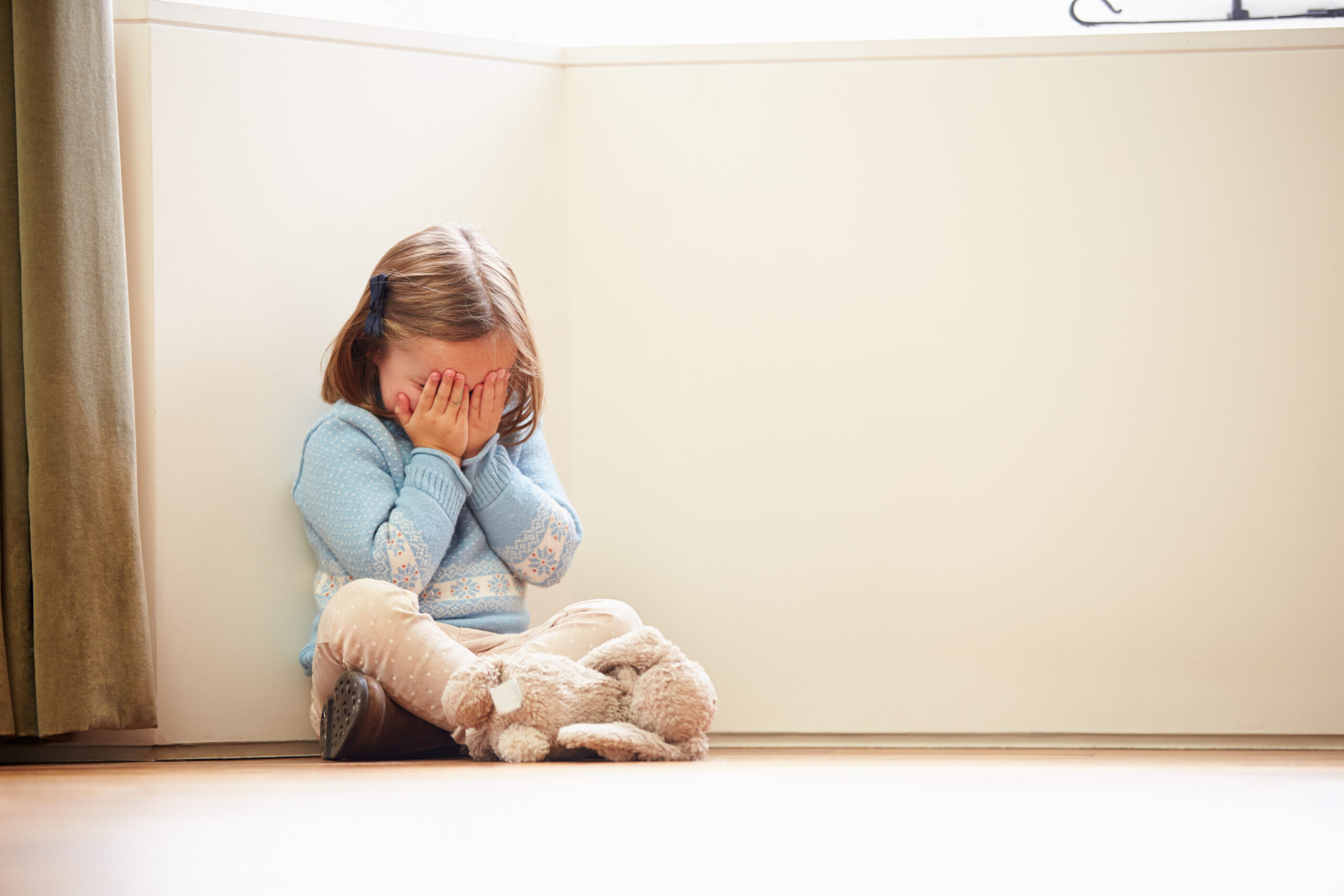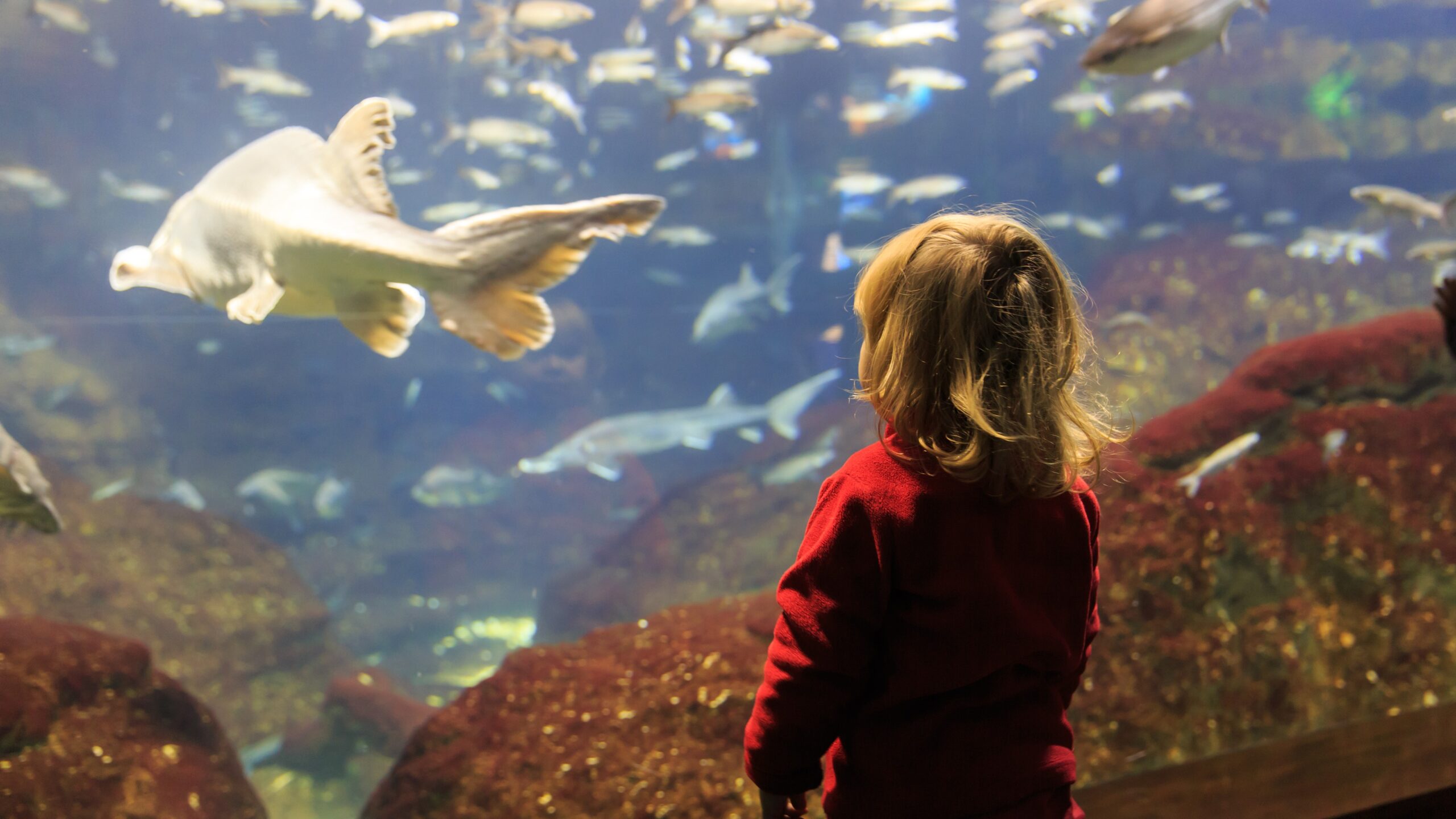
It’ll soon be summer vacation for kids across the country, which means booking your dream family vacations. Sadly, it also means a lot of homesick kids. Dealing with a homesick child doesn’t just mean comforting them when they’re sad; it means seeing them through their tantrums and anger and trying to find something, anything, to help them enjoy the vacation when they just aren’t.
So what do you do in that situation? When a homesick, upset, and irritated child just doesn’t want to play ball? Yelling at them does way more harm than good and will only make them even more upset. With a mix of gentle parenting and making sure your vacation is their vacation too, you'll soon encourage them to have the time of their lives.
Bring parts of home on vacation.

It can be tough for a kid to spend time in an unfamiliar place, especially if you’re staying somewhere new for several nights. They don’t know the layout of the hotel/vacation home and therefore don’t know where to go when they need to feel safe and comfortable. They may be afraid of getting lost or of monsters in the unfamiliar closets or anything their vivid imaginations come up with.

They’re not just being contrarian; homesickness is usually fear masquerading as “being difficult.” So take something safe and comforting from home to help ease the transition — their favorite toy, a night light to guide their way to the bathroom when it's dark, their favorite cup or bowl for breakfast. Familiarity breeds comfort and also lets your child know that they are a vital part of the vacation, that you haven’t just dragged them away from their home for no reason but that they have a purpose there. Showing them photos of the accommodation before you leave home will do wonders, as it not only avoids a shock on arrival but can build excitement for the trip.
Be prepared to compromise and provide reassurance.

Parenting isn’t about making kids do every single thing you tell them to do; it’s about helping your child grow in the way that’s best for them. Sometimes compromise is essential for their development, as well as your evolution as a parent. Rules are there for a reason, and teaching your kid to follow social cues and safety precautions is a vital part of life; however, it goes both ways. If a child doesn’t want to interact with a performer, doesn’t want to eat a certain food, or needs a day off to rest their tired feet, then forcing them to do otherwise is detrimental to their mental health — and your relationship with them.
“If you come on this walk with us, we’ll only go half-way up the hill,” or, “If you don’t want to eat this then here are other options,” are some examples of good compromising.

Young children also don’t have a great sense of time, so when they beg to go home, it’s not really that useful to say, “We only have three more days here.” Three more sleeps that they get to spend cuddling their favorite teddy bear, three more trips in the car that they love being in the front seat of, or three more splashes in the pool — these are all phrases that reassure your child that they’ll be home soon while focusing on the enjoyable parts of their vacation. Distracting their homesickness with things they love will make time fly by more quickly and enjoyably. By the end of the trip, they may not even want to go home anymore.
Gently assert the consequences of their reactions.

Just like adults, children should be allowed to show their emotions, negative or not. But with compromising comes a teaching moment for them. When your kid is crying loudly at the restaurant because they don’t like the unfamiliar cuisine, they need to learn to discover new coping methods. This isn’t to say you get a free pass at snapping at your child in the middle of a bistro, because while you will get over feeling embarrassed, they will remember that snap forever.

Quietly remove your child from the stressful situation, to the bathroom or outside, and gently talk to them about why they are reacting the way they are. Ask them what emotions they feel, let them feel that emotion, then talk them down from it. Tell them, “I know you miss home, but let’s order something tasty and use our indoor voices.” Remind them that if they are too loud they will disturb the chef cooking, or distract the other customers from their yummy dinners. Don’t fall into the trap of saying, “Be quiet because I said so!” It perpetuates the idea that your child has no agency and doesn’t actually have any constructive value. Offer behavioral alternatives. Say, “Instead of shouting, we’ll talk about what we love about home while we eat,” and make sure they choose something on the menu, giving them independence and familiarity.
Plan children’s activities, not just adult activities.

You’d think it would be obvious, but too many adults drag their children on adult vacations and make no time for children’s fun. Hours spent hiking up hills with few breaks, fancy three-course meals at four-star restaurants, viewing nerve-wracking heights or going skiing — it can really wear out a kid.
Take a break and visit an aquarium, a zoo, a soft play area, or a carnival. Give your kids memories of more than just museums and constant walking around photogenic architecture.

Sometimes you don’t have to spend 100% of the trip together, as there are also plenty of places around the world where you can drop off the kids for a day to do whatever you want. They can spend time with other children doing arts and crafts, sports, zip lining, pretty much anything depending on the location. And you can have a romantic dinner with your partner, visit a gallery, or do something wild like skydiving. The world is yours — just make sure it’s your kids' world, too.







